
The Timeless Charms of Erbil Governorate
Erbil Governorate, located in the heart of Iraqi Kurdistan, is a captivating blend of ancient history and vibrant modern life. At its core lies the city of Erbil, one of the oldest continuously inhabited cities in the world, with its roots tracing back over 6,000 years. The iconic Erbil Citadel, a UNESCO World Heritage site, stands as a testament to the region's rich heritage. Wandering through its narrow alleyways, visitors can uncover layers of history and culture that span millennia. Beyond the citadel, Erbil Governorate offers a wealth of attractions for the curious traveler. The bustling bazaars, such as the Qaysari Bazaar, are a sensory feast, where the aroma of exotic spices mingles with the vibrant colors of handmade textiles and crafts. For those seeking a deeper understanding of the local culture, the Kurdish Textile Museum and the Syriac Heritage Museum provide fascinating insights into the region's traditions and history. Nature enthusiasts will find plenty to marvel at as well. The governorate is home to stunning landscapes, including the breathtaking Gali Ali Beg waterfall and the serene beauty of the Bekhal Waterfalls. The Safin Mountain offers hiking opportunities with panoramic views, making it a perfect escape for outdoor lovers. The region's hospitality is legendary, and visitors can expect to be warmly welcomed by the local people, who are eager to share their rich cultural heritage and traditions.
Local tips in Erbil Governorate
- Visit the Erbil Citadel early in the morning to avoid the crowds and enjoy cooler temperatures.
- Dress modestly and respectfully, especially when visiting religious sites or rural areas.
- Learn a few basic Kurdish phrases; locals appreciate the effort and it can enhance your experience.
- Try the local cuisine, especially traditional Kurdish dishes like dolma and kebab.
- Hire a local guide for a more in-depth understanding of the historical and cultural sites.
The Timeless Charms of Erbil Governorate
Erbil Governorate, located in the heart of Iraqi Kurdistan, is a captivating blend of ancient history and vibrant modern life. At its core lies the city of Erbil, one of the oldest continuously inhabited cities in the world, with its roots tracing back over 6,000 years. The iconic Erbil Citadel, a UNESCO World Heritage site, stands as a testament to the region's rich heritage. Wandering through its narrow alleyways, visitors can uncover layers of history and culture that span millennia. Beyond the citadel, Erbil Governorate offers a wealth of attractions for the curious traveler. The bustling bazaars, such as the Qaysari Bazaar, are a sensory feast, where the aroma of exotic spices mingles with the vibrant colors of handmade textiles and crafts. For those seeking a deeper understanding of the local culture, the Kurdish Textile Museum and the Syriac Heritage Museum provide fascinating insights into the region's traditions and history. Nature enthusiasts will find plenty to marvel at as well. The governorate is home to stunning landscapes, including the breathtaking Gali Ali Beg waterfall and the serene beauty of the Bekhal Waterfalls. The Safin Mountain offers hiking opportunities with panoramic views, making it a perfect escape for outdoor lovers. The region's hospitality is legendary, and visitors can expect to be warmly welcomed by the local people, who are eager to share their rich cultural heritage and traditions.
When is the best time to go to Erbil Governorate?
Iconic landmarks you can’t miss
Erbil Citadel
Explore the ancient Erbil Citadel, a UNESCO World Heritage Site with 8,000 years of history, offering a unique glimpse into Mesopotamia's past.
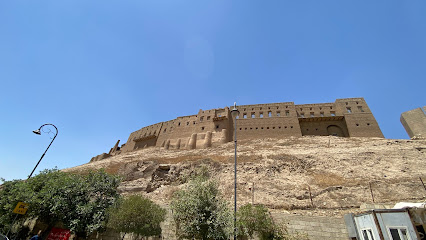
Samî Abdulrahman Park
Escape to Erbil's largest green space: a peaceful retreat with gardens, lakes, playgrounds, and cultural attractions for all ages.
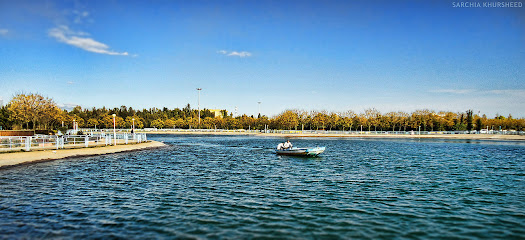
Bekhal Waterfalls
Experience the natural beauty of Iraqi Kurdistan at Bekhal Waterfalls: cascading waters, lush landscapes, and a refreshing escape in the mountains.
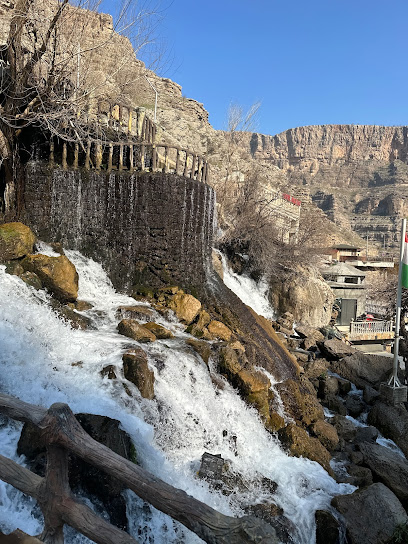
Geli Ali Bag Waterfall
Experience the natural beauty of Geli Ali Bag Waterfall, a majestic cascade in the heart of the Kurdistan Region of Iraq.
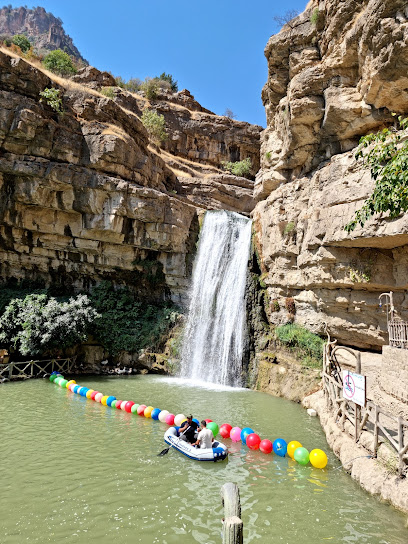
Majidi Land Erbil
Experience thrilling rides, family-friendly games, and unforgettable memories at Majidi Land, Erbil's ultimate amusement park destination.
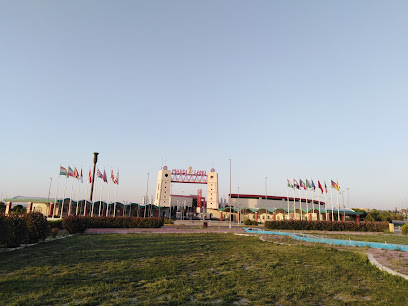
Erbîl qayseri bazar
Explore Erbil's historic Qaysari Bazaar: a vibrant marketplace where Kurdish tradition meets a new wave of culture, crafts, and cuisine.
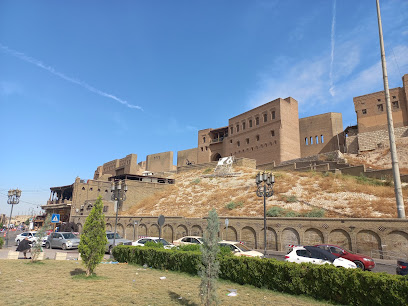
Shanadar Park
Escape to Erbil's heart: Shanadar Park offers lush gardens, history, and family fun in a vibrant urban oasis.
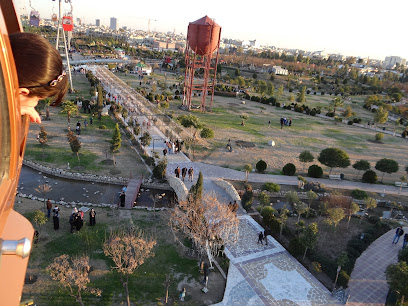
Jalil Khayat Mosque
Erbil's architectural gem, the Jalil Khayat Mosque blends Ottoman and Islamic designs in a stunning display of modern artistry and cultural pride.
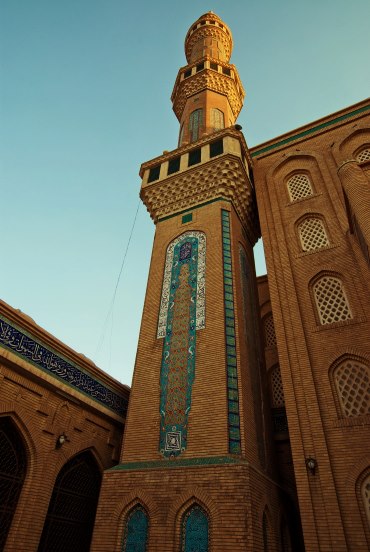
Minara Park
Escape to Erbil's tranquil oasis: Minara Park, where history meets nature in the heart of the city.
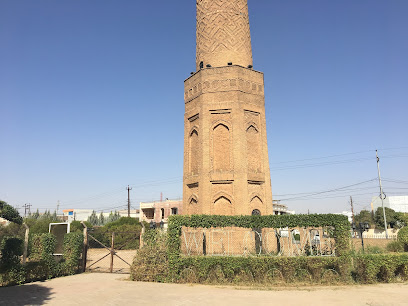
Peshmarga Park
Escape to Erbil's green heart: Peshmarga Park, where history meets recreation in a family-friendly oasis.
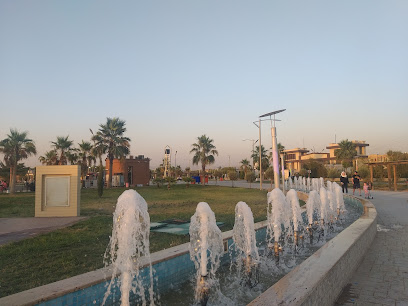
The castle Fountains and gardens
Experience the beauty and tranquility of Erbil's Castle Fountains and Gardens, a perfect blend of nature and history in the heart of the city.
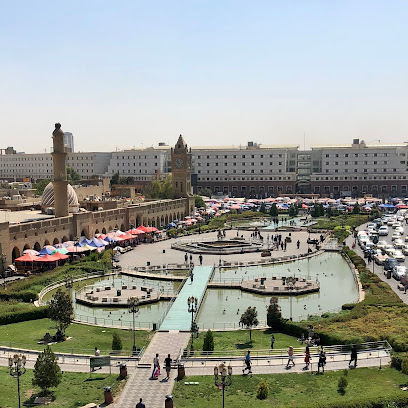
Family Fun
Experience thrilling rides and family-friendly entertainment at Erbil's premier amusement park, creating unforgettable memories for all ages.
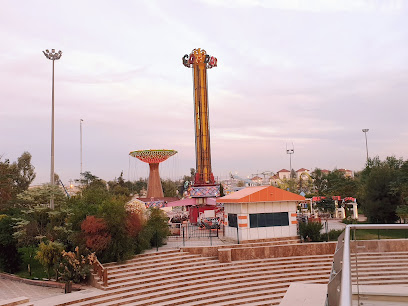
Aqua Tarin Water Park
Experience thrilling slides & relaxing pools at Aqua Tarin Water Park, Erbil's ultimate destination for family fun in a vibrant, tropical atmosphere.
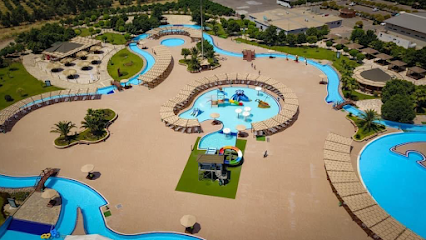
Mount Korek
Escape to the majestic Mount Korek in Iraqi Kurdistan for breathtaking views, outdoor adventures, and a tranquil mountain retreat.
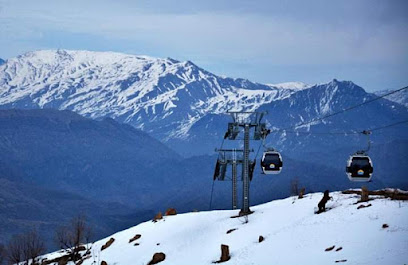
Jondian
Escape to Jondian Park in Soran: Experience Kurdish culture amidst lush greenery and breathtaking views.
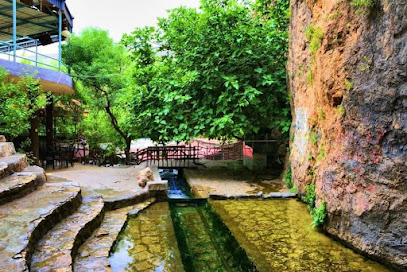
Unmissable attractions to see
Bekhal Waterfalls
Experience the beauty of Kurdistan at Bekhal Waterfalls: cascading waters, cultural richness, and a refreshing escape in a mountainous paradise.
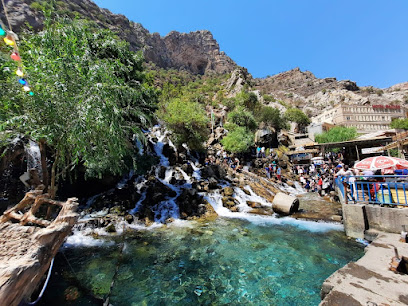
The castle Fountains and gardens
Escape to Erbil's enchanting Castle Fountains and Gardens: a blend of history, nature, and tranquility in the heart of the city.
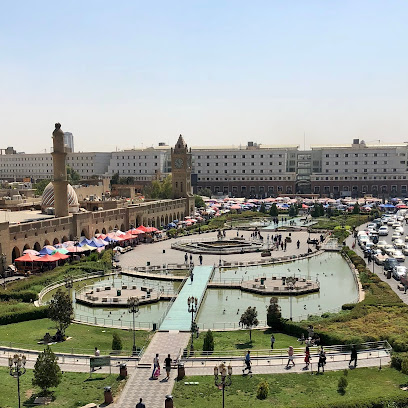
Sakura Park
Experience tranquility and cultural exchange at Erbil's Sakura Park, a symbol of friendship with Japan, offering a serene escape in the city.
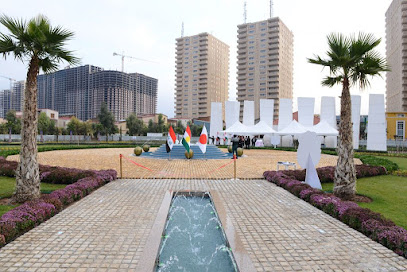
Hiran tourism
Discover Hiran: Erbil's hidden gem offering serene landscapes, rich culture, and a peaceful retreat in the heart of Iraqi Kurdistan.
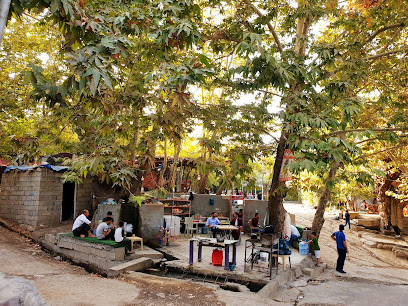
تاڤگەی کانی بەست kani bast
Discover Kani Bast Waterfall, the Kurdistan Region's tallest cascade, a hidden gem offering stunning natural beauty and a refreshing escape.
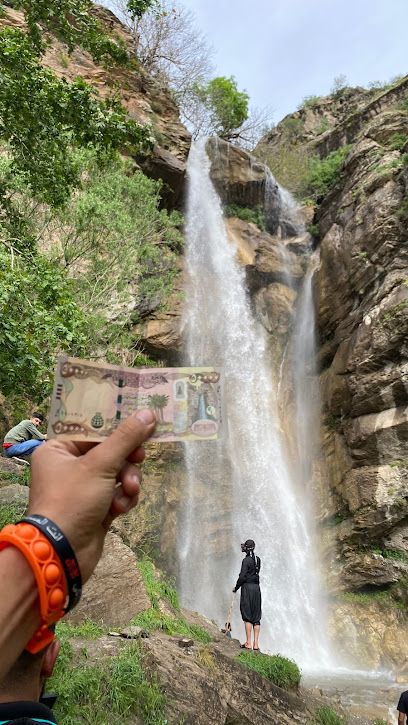
Mzuri resort ( سەیرانگەی مزوری، مصیف مزوری)
Escape to Mzuri Resort in Erbil: A blend of nature, comfort, and adventure awaits in the heart of Iraqi Kurdistan.
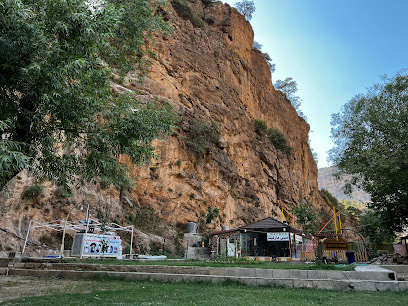
شقلاوة
Discover Shaqlawa: A picturesque mountain retreat in Iraqi Kurdistan, offering stunning scenery, rich culture, and a refreshing escape.
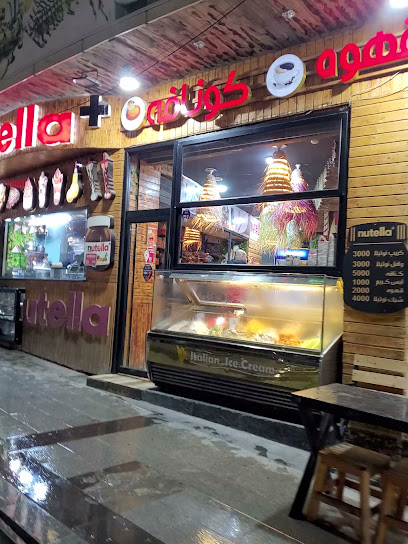
Arez resort
Escape to Arez Resort in Dargala: Where natural beauty meets cultural richness and warm hospitality in the heart of Erbil Governorate.
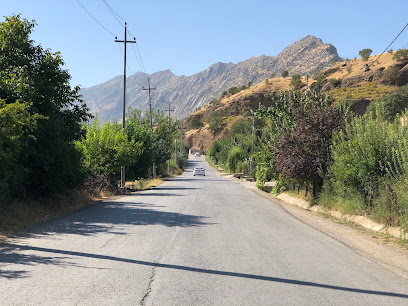
شاری گەشتیاری هەستی
Escape to the serene landscapes of Shari Gueshtyari Hasti in Soran, Erbil – a perfect retreat for relaxation and natural beauty.
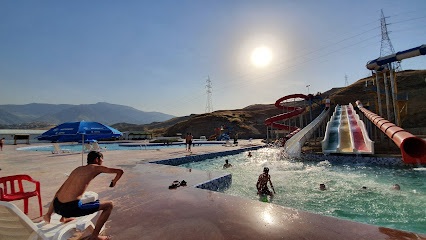
Hiran هیران
Discover Hiran: A serene escape in Erbil's highlands, offering lush landscapes, cultural immersion, and a tranquil retreat from city life.
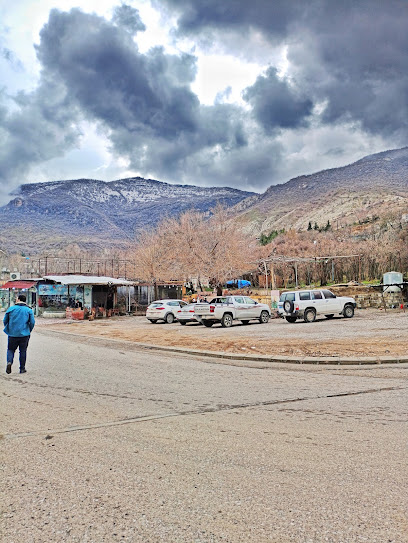
نفق شقلاوة
Experience a smooth ride through the mountains to Shaqlawa, Kurdistan's beloved resort town, via this impressive tunnel.
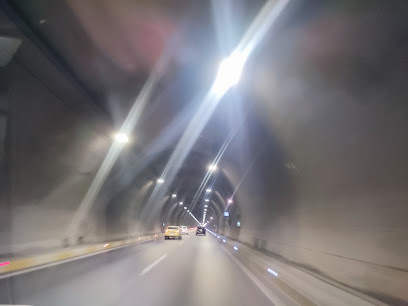
کانی شەکر
Discover Kani Shakar: A peaceful retreat in Erbil's stunning natural landscape, perfect for relaxation and scenic views.
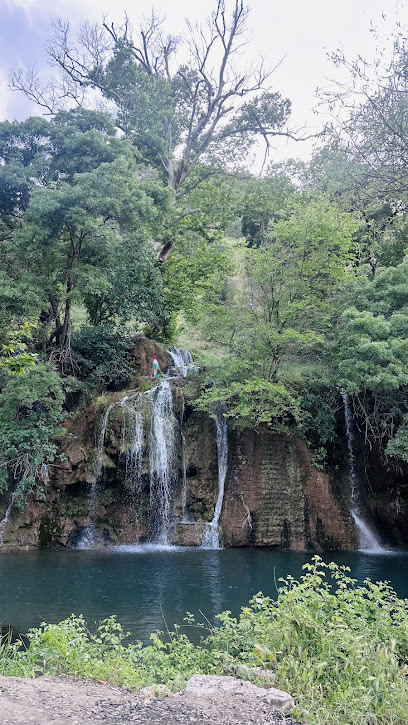
Rubara resort : سەیرانگای ڕووبارە
Escape to Rubara Resort in Erbil, Kurdistan, for a tranquil retreat surrounded by nature and vibrant Kurdish culture.
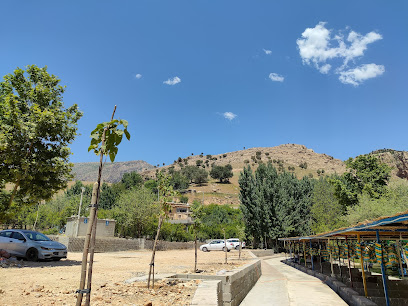
هەولێرەکەم
Escape to Erbil's serene urban oasis: هەولێرەکەم City Park, a perfect blend of nature, recreation, and cultural experiences in Kurdistan's vibrant capital.
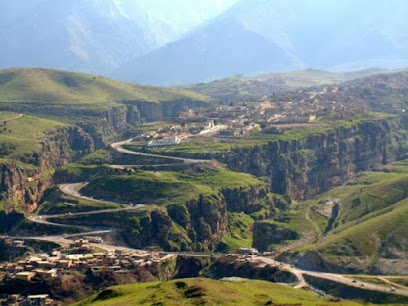
کانی عمر ملازادە
Escape to the tranquility of Kani Omar Mullazada in Erbil, a perfect natural retreat for peaceful relaxation and scenic beauty.
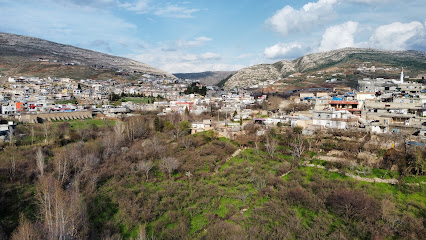
Essential places to dine
ABC Restaurant Erbil
Experience a fusion of flavors at ABC Restaurant Erbil - where American meets Asian and Middle Eastern cuisines.
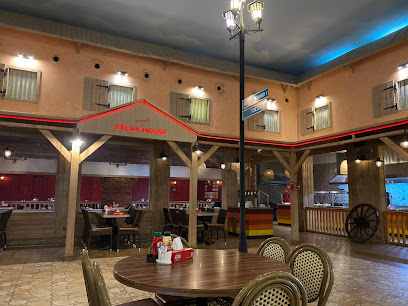
TODAY Rest & Cafe
Experience exceptional dining at TODAY Rest & Cafe in Erbil's Roya Towers - where local flavors meet international cuisine in an inviting atmosphere.
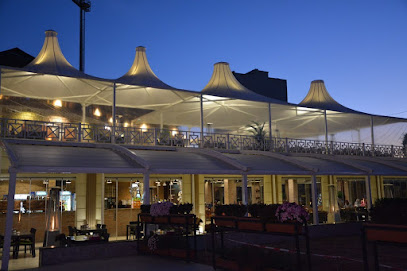
The Grill
Experience the culinary delights at The Grill in Erbil - where every bite is a celebration of flavor.
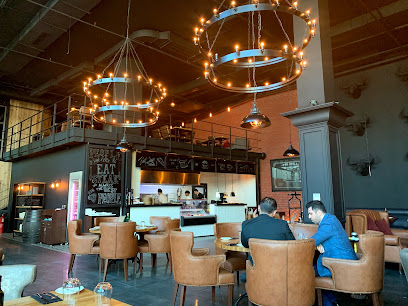
Top Organic Grill
Experience fresh organic cuisine at Top Organic Grill in Erbil - where every bite celebrates health and flavor in a vibrant atmosphere.
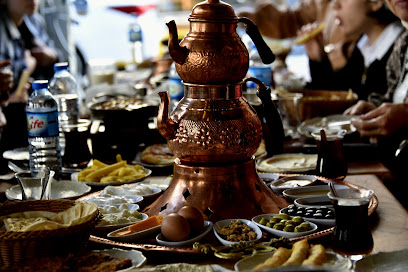
Marina Restaurant
Experience authentic Lebanese flavors at Marina Restaurant in Erbil – where every meal is a celebration of culture.
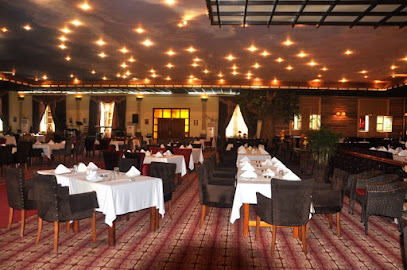
Taj Restaurant ڕێستورانتی تاج
Discover the rich flavors of Iraq at Taj Restaurant in Erbil - where tradition meets taste in every dish.
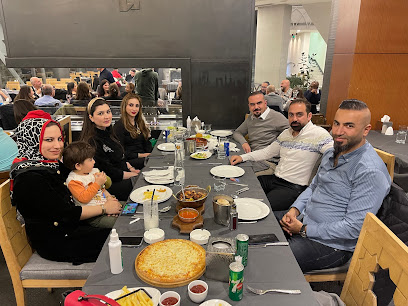
Prego Restaurant
Discover Erbil's culinary treasure at Prego Restaurant - where local flavors meet international cuisine in a warm ambiance.
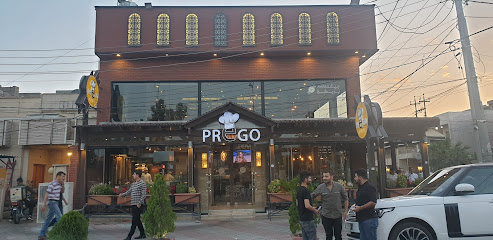
The Dates Restuarant and Cafe
Discover Erbil's vibrant culinary scene at The Dates Restaurant and Cafe, where tradition meets modern flavors in a welcoming atmosphere.
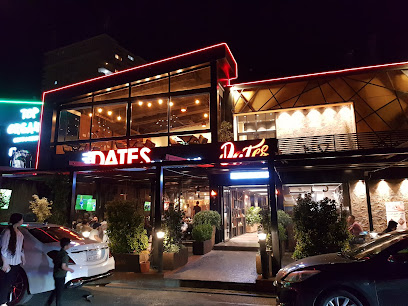
Damasquino Paradise
Discover the flavors of Iraq at Damasquino Paradise - a top-rated restaurant near Erbil International Airport offering diverse culinary delights.
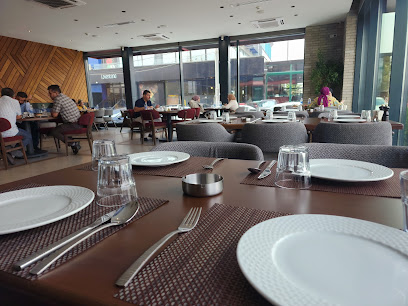
Deja Vu Restaurant
Discover the flavors of Erbil at Deja Vu Restaurant – where local meets international cuisine in a warm and inviting atmosphere.
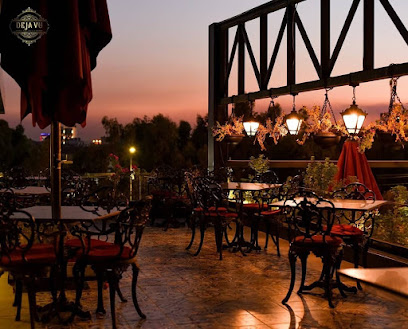
BIG LAND Restaurant
Discover the flavors of Kurdistan at BIG LAND Restaurant in Erbil - where tradition meets modern dining.
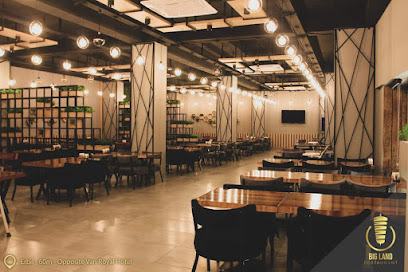
Nmlie نملية
Experience authentic Middle Eastern flavors at Nmlie نملية in Erbil – where every dish tells a story.
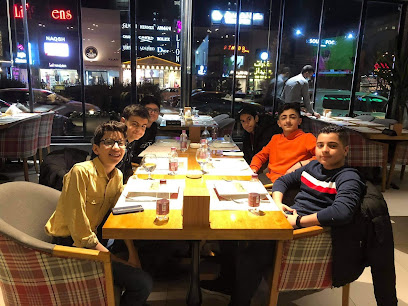
Sewar Gourmet
Discover the rich flavors of Iraqi cuisine at Sewar Gourmet, Erbil's premier dining destination offering exquisite dishes in a vibrant atmosphere.
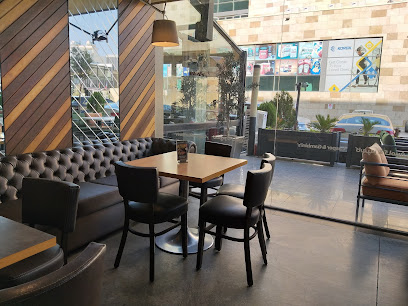
Lithos Restaurant
Experience the rich flavors of traditional Iraqi cuisine at Lithos Restaurant in Erbil, where culinary artistry meets cultural heritage.
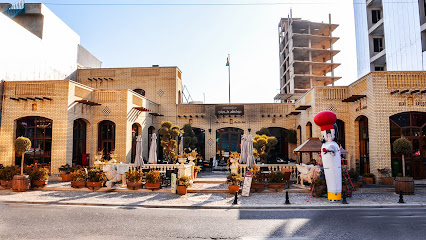
Fishland Restaurant
Experience the best seafood dining at Fishland Restaurant in Erbil—where fresh flavors meet warm hospitality.
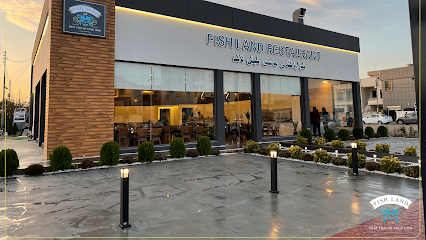
Markets, malls and hidden boutiques
Family Mall Erbil
Experience shopping, dining, and entertainment at Family Mall Erbil - the ultimate destination for families and tourists in the heart of Iraq.
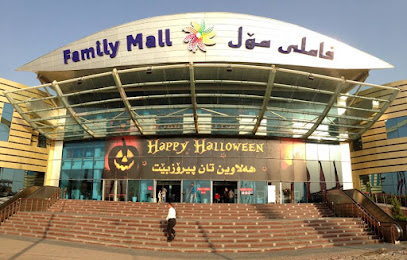
Majidi Mall Erbil
Explore the luxurious Majidi Mall in Erbil, where shopping meets entertainment in a vibrant atmosphere, perfect for tourists and locals alike.
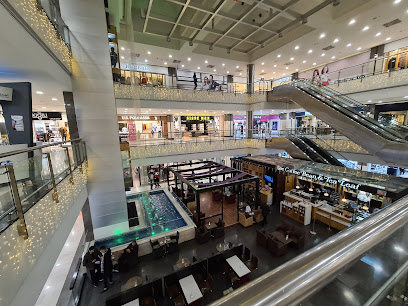
Gulan Mall
Discover Gulan Mall in Erbil: A Shopping Haven with Diverse Retail, Dining, and Entertainment Options.
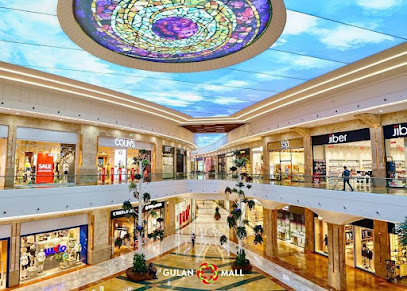
USA Bazaar
Discover the essence of Erbil at USA Bazaar, a vibrant shopping mall offering unique local products, diverse dining options, and a lively atmosphere.
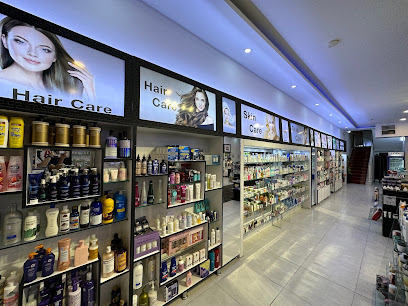
Sama Mall
Experience the best of shopping, dining, and entertainment at Sama Mall, Erbil's premier hypermarket and shopping destination.
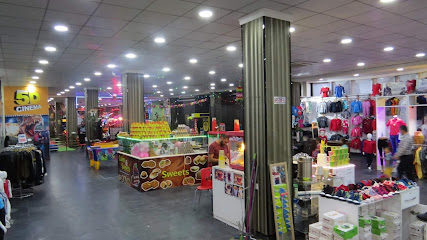
Modern Collection
Explore the Modern Collection in Erbil for the latest trends in stylish clothing and a unique shopping experience.
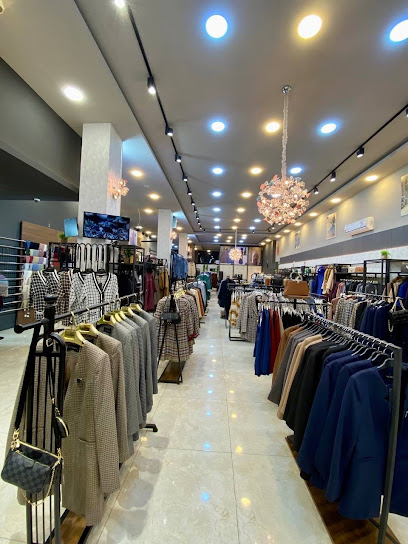
Karwan S&K collection
Explore the fashion hub of Erbil at Karwan S&K Collection, where style and variety meet in a vibrant shopping experience.
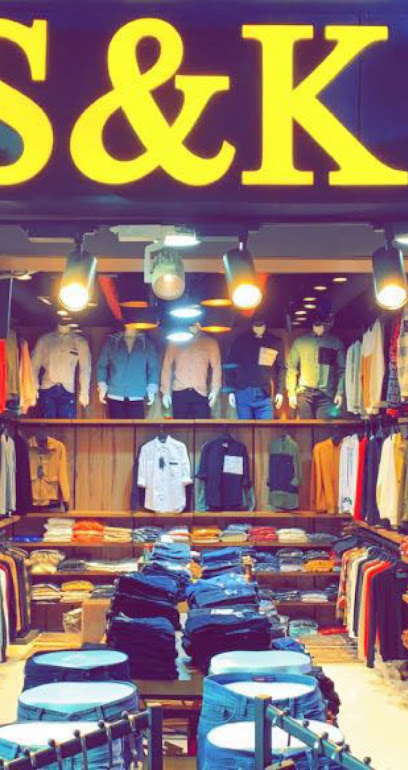
Omed mall ئومێد مۆڵ
Explore Omed Mall in Erbil for the finest selection of stylish and affordable baby clothing and accessories.
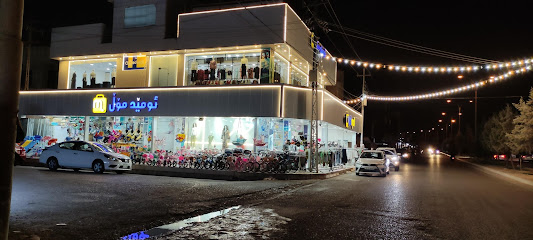
MINISO
Explore MINISO in Erbil, a treasure trove of stylish home goods and unique finds that reflect quality and affordability.
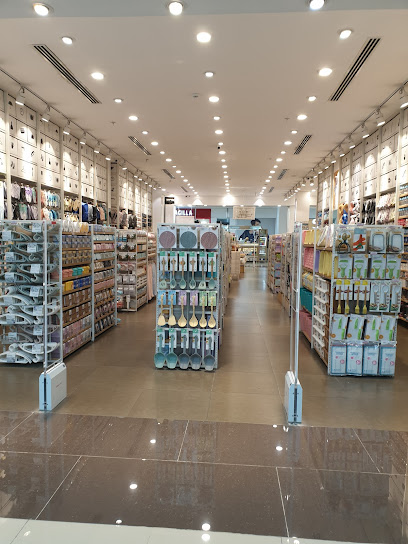
Wild Kurdistan is1
Discover the best outdoor clothing and equipment at Wild Kurdistan, your go-to shop in Erbil for adventure gear in the stunning Kurdistan region.
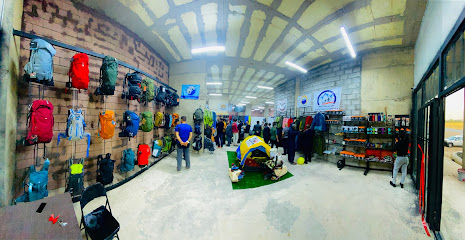
متاجر فلكلور أربيل - Qalat Antique Souvenirs
Explore the rich tapestry of Kurdish culture at Qalat Antique Souvenirs, where every artifact tells a story.
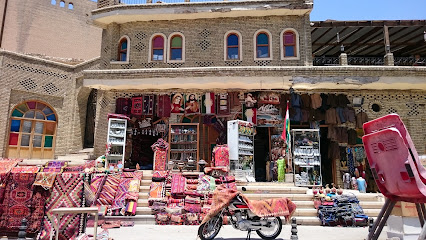
Bateel Boutique Erbil
Experience the luxury of gourmet dates and exquisite gifts at Bateel Boutique Erbil, a must-visit destination for discerning travelers.
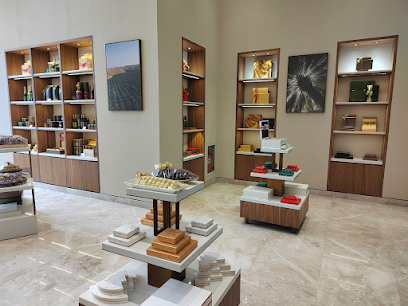
Shopping Shop - Family Mall
Explore the vibrant Shopping Shop - Family Mall in Erbil, where shopping, entertainment, and family fun come together to create unforgettable memories.
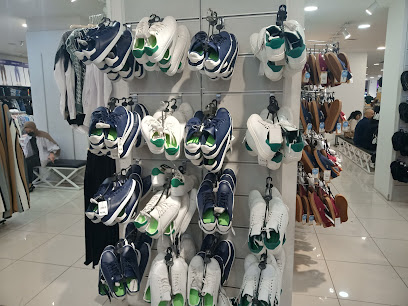
Kreenex - Erbil
Explore Kreenex in Erbil for unique furniture and local crafts that capture the spirit of Iraq's rich culture and innovative design.
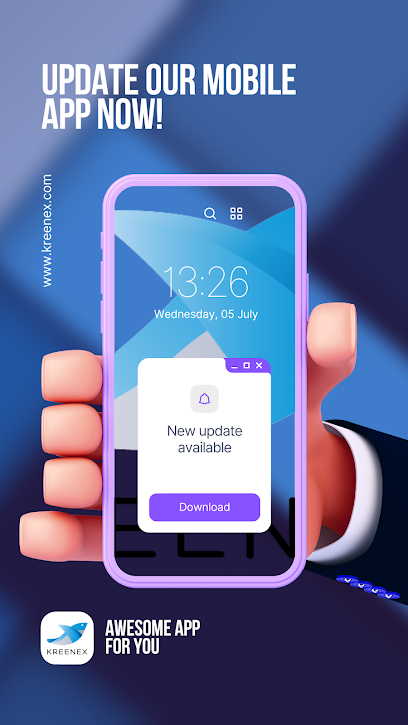
Shop Point
Discover unique vintage treasures and modern styles at Shop Point, Erbil's vibrant shopping mall that celebrates fashion and culture.
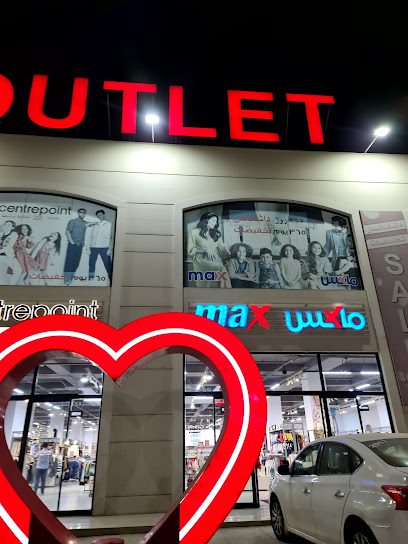
Essential bars & hidden hideouts
German Bar
Discover the lively German Bar in Erbil, where authentic flavors and a vibrant atmosphere come together for an unforgettable dining experience.
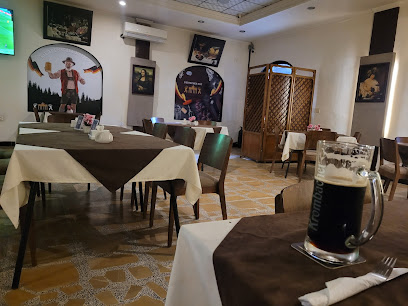
Mars Rooftop
Experience breathtaking views and vibrant nightlife at Mars Rooftop, a premier bar in Erbil offering expertly crafted cocktails and a lively atmosphere.
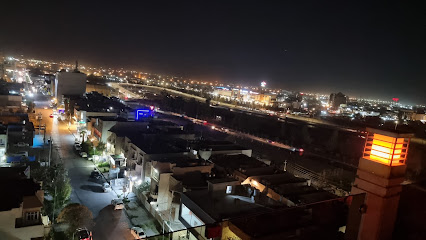
نادي الموظفين العائلي
Experience the lively atmosphere of Nadi Al-Muwazzafin Al-Aili, a vibrant bar in Erbil that blends local culture with unforgettable nightlife.
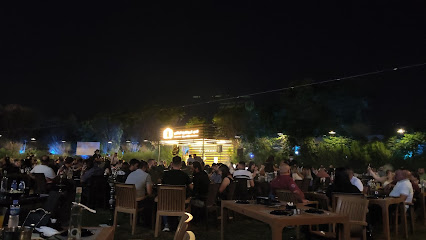
Piccadilly Pub and Restaurant
Discover the lively ambiance of Piccadilly Pub and Restaurant in Erbil, where local culture meets delicious cuisine and vibrant nightlife.
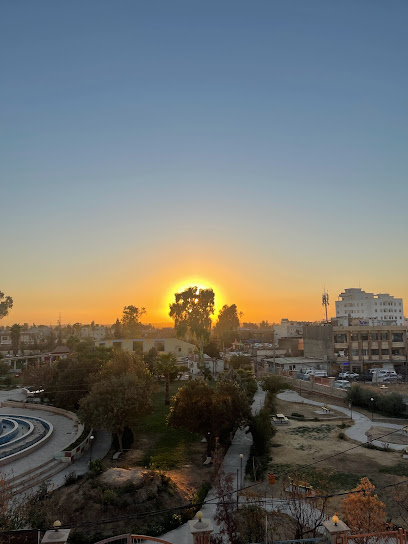
The Two Princes English Pub
Experience the charm of British pub culture at The Two Princes in Erbil, serving delicious food and a great selection of drinks.
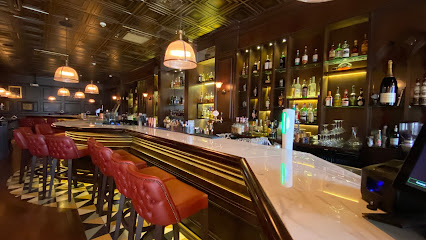
Siduri Pub - رێستورانتی سیدووری
Discover Erbil's nightlife at Siduri Pub, where local flavors meet a vibrant atmosphere in the heart of the city.
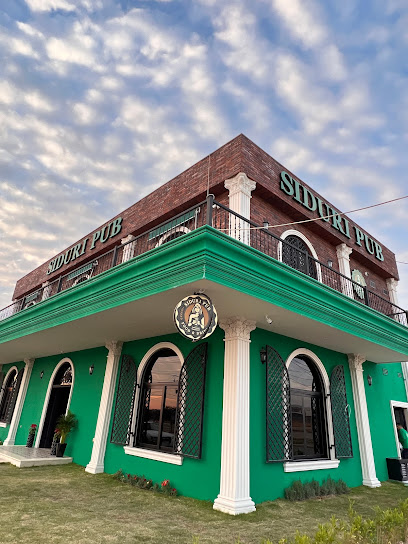
Quiet House Rest&Bar
Experience authentic flavors and a cozy atmosphere at Quiet House Rest&Bar, a top spot for grill enthusiasts in Erbil.
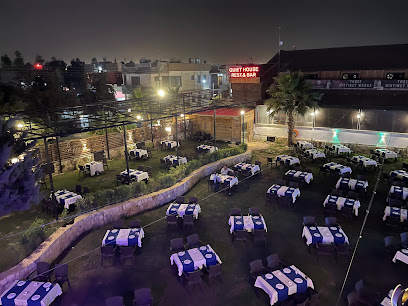
Poseidon Bar & Restaurant- پۆسایدن باڕ
Discover Poseidon Bar & Restaurant in Erbil for a perfect fusion of leisure and dining, featuring a poolside escape and delicious local cuisine.
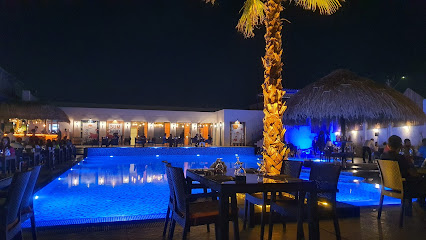
Palmyra Pub
Discover the heart of Erbil's nightlife at Palmyra Pub, where delicious grill dishes meet vibrant social experiences in a warm atmosphere.
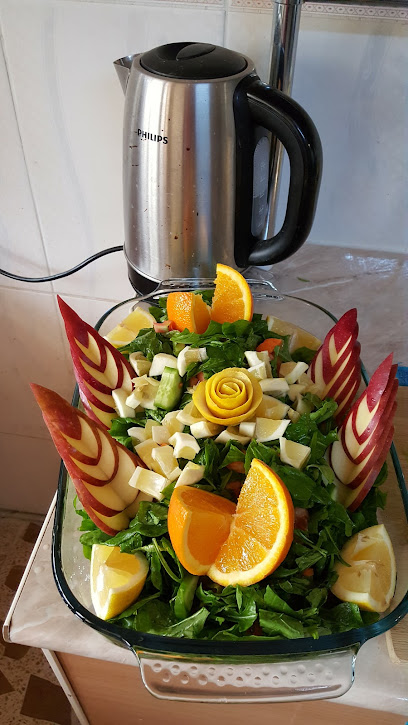
Oak Resto pub
Discover the lively ambiance of Oak Resto Pub in Erbil, a bar offering a delightful mix of drinks, live music, and a vibrant social scene.
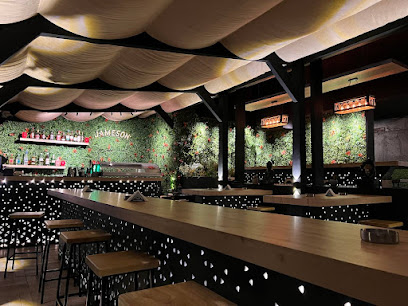
RESTOBAR RESTAURANT & BAR
Discover the vibrant flavors and exciting atmosphere at RESTOBAR RESTAURANT & BAR in Erbil, where culinary excellence meets nightlife.
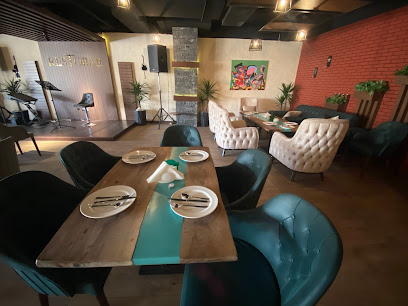
Cross Star BY TANGO
Discover the vibrant atmosphere of Cross Star BY TANGO, a lively Irish pub offering great food, drinks, and entertainment in Erbil.
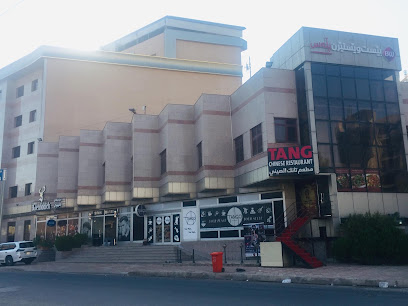
Adad hotel and bar
Discover the vibrant atmosphere of Adad Hotel and Bar in Erbil, where comfort meets culture in a welcoming nightlife experience.
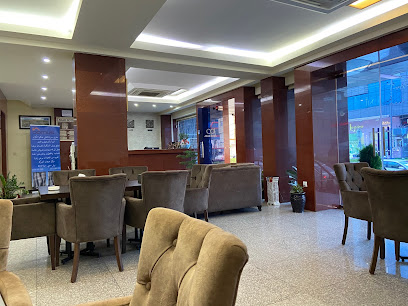
Moon Roof - Rooftop Bar & Restaurant
Experience Erbil from above at Moon Roof Rooftop Bar & Restaurant, where stunning views and exquisite flavors meet under the stars.
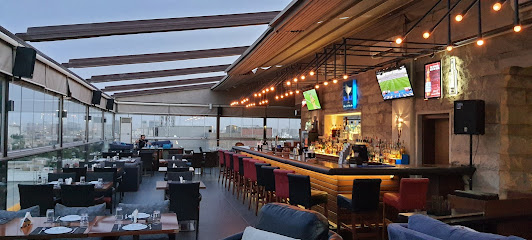
Local Phrases about Erbil Governorate
-
- Helloسڵاو
[sllaw] - Goodbyeخداحافظ
[khudahafiz] - Yesبەڵێ
[bellay] - Noنەخێر
[nekher] - Please/You're welcomeتکایە
[takaye] - Thank youسوپاس
[supas] - Excuse me/Sorryببورە
[bbure] - How are you?چۆنییت؟
[choniyat?] - Fine. And you?خۆشە. تۆ چی؟
[khosha. to chi?] - Do you speak English?ئینگلیزی دەنەت؟
[ingilizi dinet?] - I don't understandنەفەهمم
[nefehmm]
- Helloسڵاو
-
- I'd like to see the menu, pleaseداوا دەکەم لە بەرنامەیەک ببینم، تکایە
[dawa dekem le bernameyek bebînem, takaye] - I don't eat meatمن گۆشی ناخۆشم
[min goshi nakhosham] - Cheers!چاو
[chaw] - I would like to pay, pleaseداوا دەکەم بپارێزم، تکایە
[dawa dekem bparêzm, takaye]
- I'd like to see the menu, pleaseداوا دەکەم لە بەرنامەیەک ببینم، تکایە
-
- Help!یارمەتی!
[yarmeti!] - Go away!دەرەوە برو!
[derewa bero!] - Call the Police!پۆلیس بپەخشە!
[polis bpekhshe!] - Call a doctor!دۆکتۆر بپەخشە!
[doktor bpekhshe!] - I'm lostگمکردم
[gumkirdem] - I'm illناراستم
[narastem]
- Help!یارمەتی!
-
- I'd like to buy...داوا دەکەم بکچم...
[dawa dekem bkechm...] - I'm just lookingتەنها دەخەم ببینم
[tenha dekhem bebînem] - How much is it?چەقدە بەردەستە؟
[cheqde berdeste?] - That's too expensiveبەرزییە
[berziye] - Can you lower the price?دەتوانی ئەوەی پارە بەرەوەریت بکەی؟
[detawani ewey pare berewerit bekey?]
- I'd like to buy...داوا دەکەم بکچم...
-
- What time is it?کاتژمێر چییە؟
[katjemer chiyae?] - It's one o'clockیەک کاتژمێرە
[yek katjemer] - Half past (10)نیساند (ده)
[nisand (de)] - Morningبەیانی
[bayani] - Afternoonپێشوو
[pêşo] - Eveningئێوار
[ewar] - Yesterdayدوێنێ
[dowene] - Todayئەمڕۆ
[amro] - Tomorrowسەرەتا
[sereta] - 1یەک
[yek] - 2دوو
[dow] - 3سێ
[se] - 4چوار
[chwar] - 5پێنج
[pênj] - 6شەش
[shesh] - 7حەوت
[hewt] - 8هەشت
[hesht] - 9نۆ
[no] - 10دە
[de]
- What time is it?کاتژمێر چییە؟
-
- Where's a/the...?لە کوێیە...؟
[le koyye...?] - What's the address?ناونیشان چییە؟
[nawnîshan chiyae?] - Can you show me (on the map)?دەتوانی پیشانم بدەیت (لەناونیشان)؟
[detawani pîshanem bedeyt (lenawnîshan)?] - When's the next (bus)?کاتێک بەردەستە (وێنە)؟
[katek berdeste (wene)?] - A ticket (to ....)بلیت (بۆ ....)
[belit (bo ....)]
- Where's a/the...?لە کوێیە...؟
History of Erbil Governorate
-
Erbil, also known as Hawler, boasts one of the oldest continuously inhabited cities in the world, with a history that spans over 6,000 years. It was part of the ancient Assyrian Empire and served as an important administrative center. The Erbil Citadel, perched on a tell, has seen numerous civilizations come and go, from the Sumerians to the Akkadians, Babylonians, and Medes.
-
The Erbil Citadel, a UNESCO World Heritage site, is a tell or mound that rises around 30 meters above the surrounding plain. It has been continuously inhabited for thousands of years. The citadel's strategic location made it a crucial military and trading post throughout history. The citadel's labyrinthine streets and ancient buildings offer a glimpse into the lives of its past inhabitants.
-
In the 7th century, Erbil came under the control of the Islamic Caliphate during the Muslim conquests. The city became an important center of learning and culture. The establishment of mosques, madrasas, and other religious institutions helped in the dissemination of Islamic culture and education.
-
Erbil became part of the Ottoman Empire in the 16th century and remained under Ottoman control until the early 20th century. During this period, the city saw significant administrative and architectural developments. The Ottomans established new trade routes and improved infrastructure, linking Erbil more closely with the rest of the empire.
-
In the 20th century, Erbil became a focal point in the Kurdish struggle for autonomy and independence. The city has been a center for Kurdish cultural and political movements, particularly after the establishment of the Kurdistan Regional Government in the 1990s. Erbil has since seen rapid development and modernization while striving to preserve its rich cultural heritage.
-
Today, Erbil is a bustling economic and cultural hub in the Kurdistan Region of Iraq. The city's modern skyline is complemented by bustling markets, luxury hotels, and international businesses. Despite its rapid modernization, Erbil continues to celebrate its rich history and diverse cultural heritage, making it a fascinating destination for history enthusiasts and travelers alike.
Erbil Governorate Essentials
-
Erbil Governorate is served by Erbil International Airport (EBL), which has direct flights from major cities in the Middle East, Europe, and Asia. From the airport, you can take a taxi or arrange for airport shuttle services to reach your accommodation. Overland travel is also possible from neighboring countries, but ensure to check border crossing conditions and visa requirements.
-
Within Erbil, taxis are the most common form of transportation and are relatively inexpensive. Ride-hailing apps like Careem and Uber also operate in the city. For intercity travel, buses and shared taxis connect Erbil with other cities and towns within the governorate and beyond. Car rentals are available at the airport and in the city for those who prefer driving.
-
The official currency is the Iraqi Dinar (IQD). Credit cards are accepted in major hotels, restaurants, and some shops, but it is advisable to carry cash for smaller establishments and local markets. ATMs are widely available in Erbil, but ensure to notify your bank about your travel plans to avoid any issues with card usage.
-
Erbil is generally considered safe for tourists, but it is always wise to remain vigilant. Avoid areas near the borders and stay updated on travel advisories. Petty crime, such as pickpocketing, can occur in crowded places, so keep an eye on your belongings. Neighborhoods like Ankawa and the Citadel area are popular with tourists and relatively secure.
-
In case of emergencies, dial 104 for police, 115 for fire, and 122 for medical emergencies. Major hospitals in Erbil, such as West Erbil Emergency Hospital and Rizgari Hospital, provide emergency medical services. It is advisable to have comprehensive travel insurance that covers medical emergencies and repatriation.
-
Fashion: Do dress modestly; women should avoid wearing revealing clothing. Men should avoid shorts in public areas. Religion: Do respect local customs and religious practices, especially during prayer times. Public Transport: Do be respectful to fellow passengers; avoid loud conversations. Greetings: Do greet people with a handshake; men should wait for women to extend their hand first. Eating & Drinking: Do try local dishes and accept food offerings; don't refuse hospitality as it is considered impolite.
-
To experience Erbil like a local, visit the bustling Erbil Bazaar where you can buy traditional Kurdish goods and souvenirs. Engage with locals; they are often friendly and eager to share their culture. Don't miss the historic Erbil Citadel, a UNESCO World Heritage Site, and enjoy a stroll in Sami Abdulrahman Park, one of the largest parks in the Middle East.
Trending Landmarks in Erbil Governorate
Nearby Cities to Erbil Governorate
-
Things To Do in Mosul
-
Things To Do in Kirkuk
-
Things To Do in Dohuk
-
Things To Do in Sulaymaniyah
-
Things To Do in Kapan
-
Things To Do in Baghdad
-
Things To Do in Vayk
-
Things To Do in Goris
-
Things To Do in Jermuk
-
Things To Do in Yerevan
-
Things To Do in Karbala
-
Things To Do in Tsaghkadzor
-
Things To Do in Aparan
-
Things To Do in Dilijan
-
Things To Do in Vanadzor







